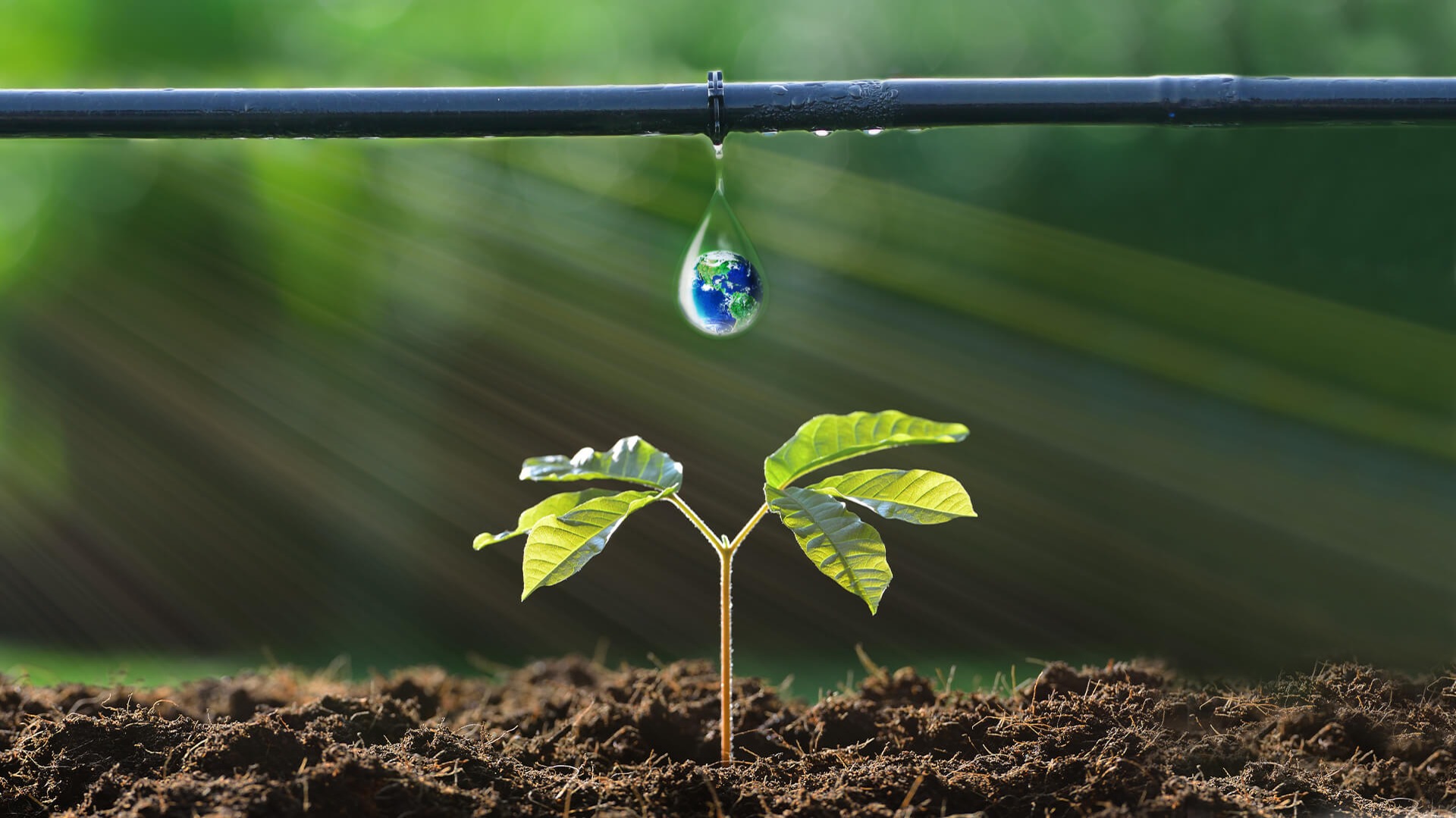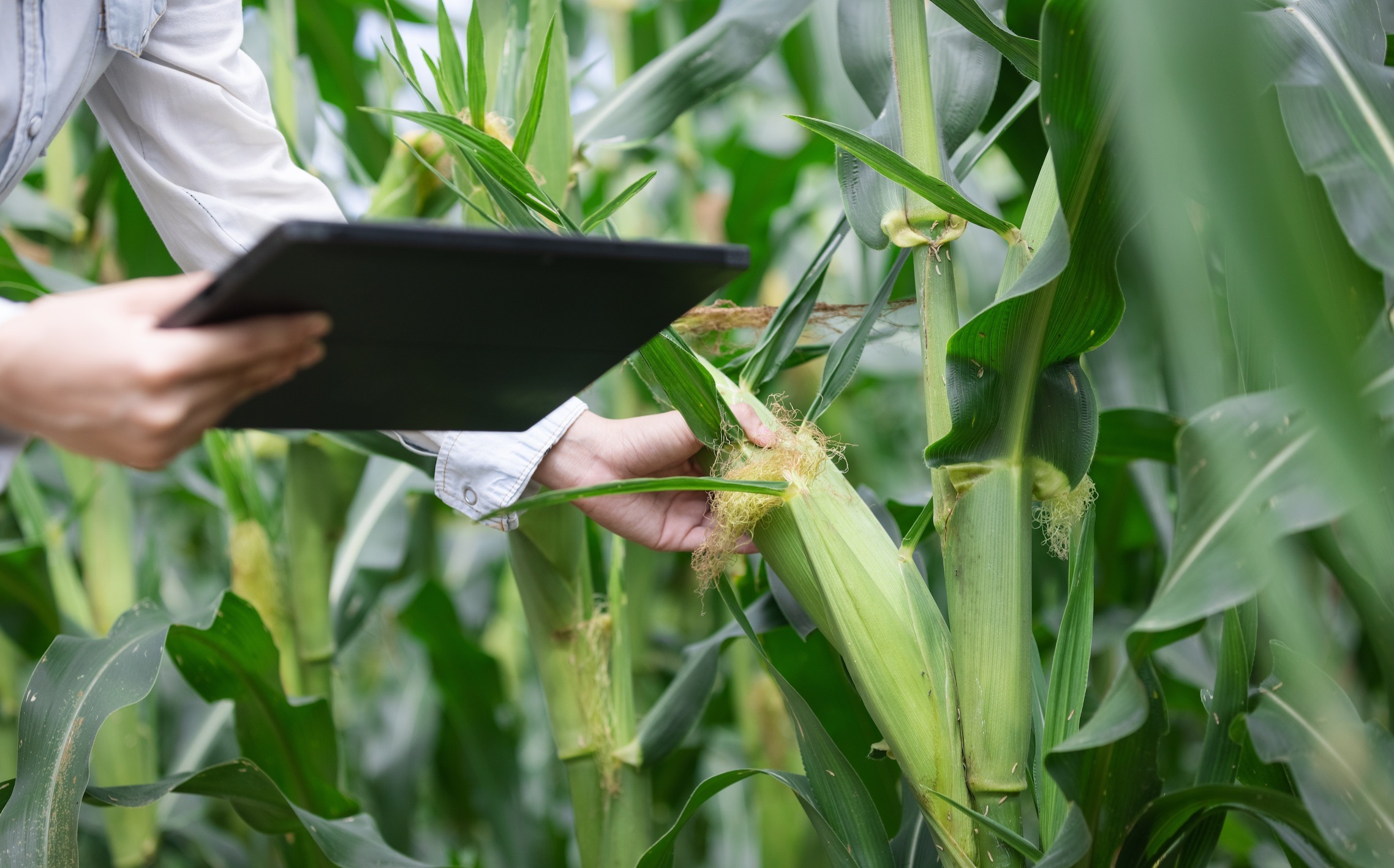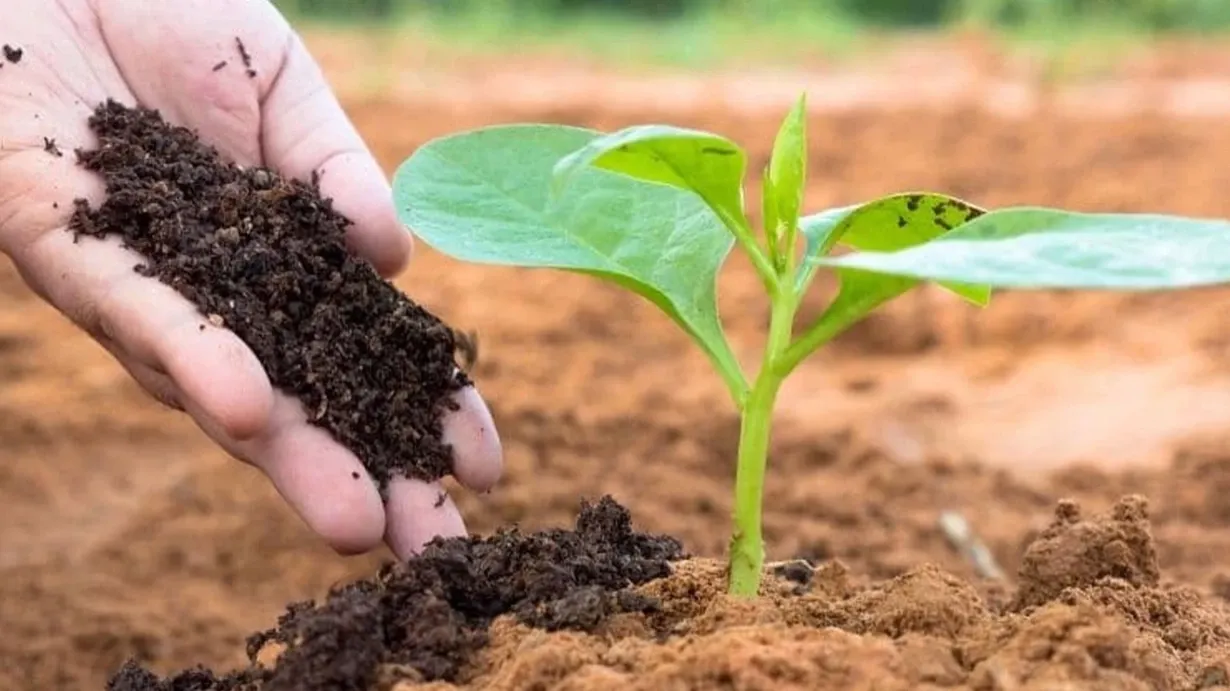We use cookie to improve your experience on our site. By using our site you consent cookies. Learn more
As the global population increases, the agricultural sector faces growing pressure to meet food demand while preserving natural resources—especially water. Efficient water management in agriculture is crucial not only for conservation but also for improving productivity and crop quality.
What Is Water Management?
Agricultural water management involves the application of precise irrigation techniques, monitoring soil moisture, optimizing water delivery timing and quantity, and protecting water sources. Technologies such as drip irrigation, smart irrigation systems, and sensor-based monitoring are at the forefront.
Benefits of Effective Water Management
-
Increased Productivity: Crops grow healthier with optimized water delivery.
-
Cost Savings: Less water waste means lower energy and fertilizer use.
-
Soil Preservation: Prevents soil degradation due to overwatering.
-
Environmental Sustainability: Helps protect groundwater resources.
Smart Irrigation Systems
With the help of sensors and IoT technology, farmers can automate irrigation based on real-time moisture levels. These systems irrigate only when necessary, reducing waste and maximizing efficiency.
Water Footprint in Agriculture
Every crop has a water footprint. For example, producing 1 kg of tomatoes requires about 200 liters of water, while 1 kg of rice can need up to 2,500 liters. Choosing crops with lower water needs is a strategic step in sustainability.
Efficient water management is vital to sustainable agriculture. Increasing awareness and investment in smart solutions will protect both food security and natural ecosystems for the future.




